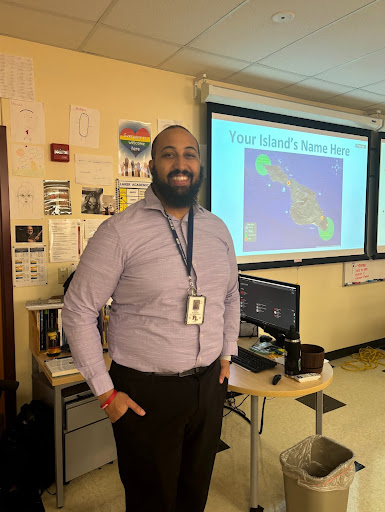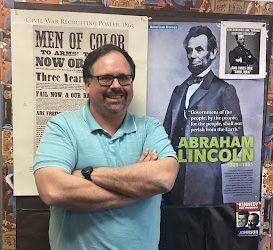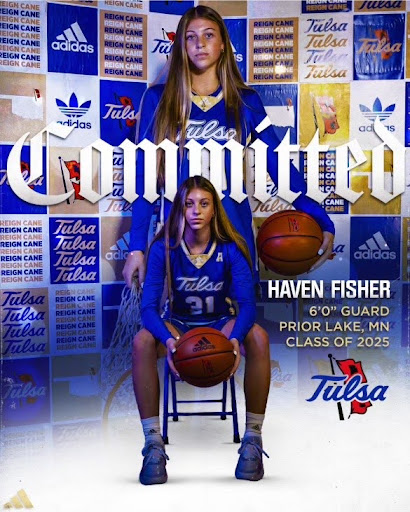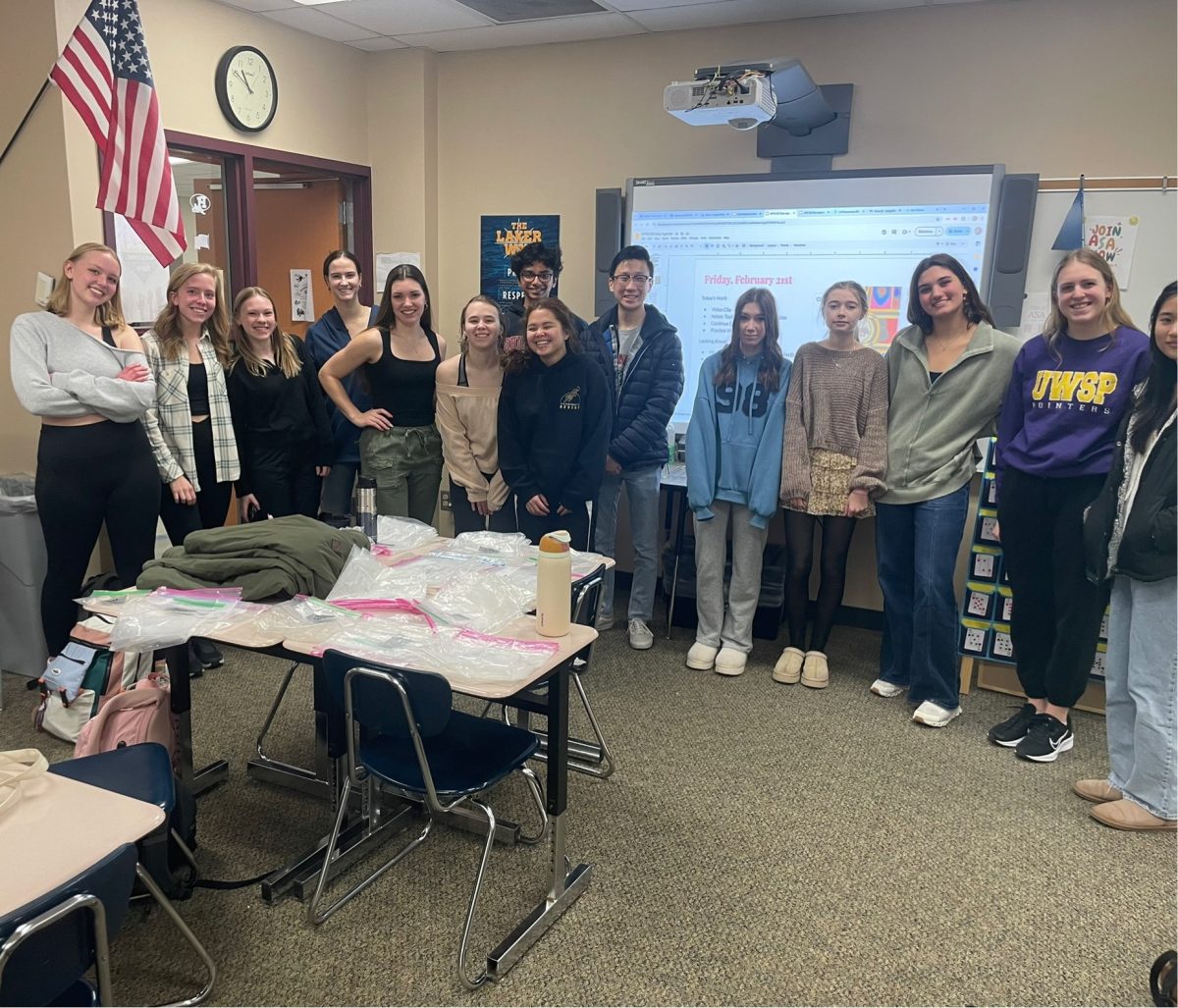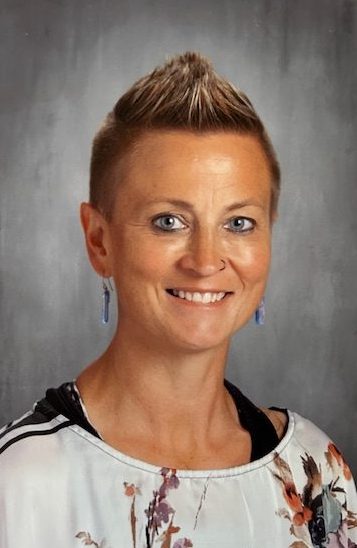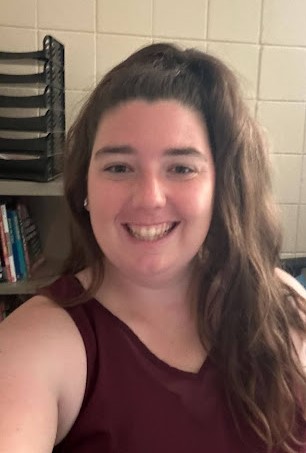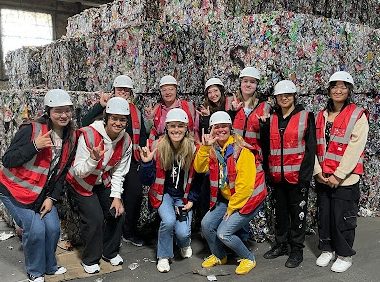
For over ten years, Prior Lake High School’s Eco-Team has been environmentally conscious about the world around us. They are responsible for making the school ecologically friendly and revolving it around everything related to the environment.
They are mostly known for creating the garden outside the school and tapping the syrup in the Spring from the maple trees outside our school.
Before the world shut down due to the virus, Mrs. Espe and Mrs. Hester, social studies teacher and advisors of the Eco-Team, planned on visiting a recycling center. However, due to the lockdown, this was not possible.
Three years later, with a new set of students and a new year, they finally decided to go on a trip. Joining the Eco-Team on the field trip were students in Environmental Science and AP Environmental Science classes as well.
On Wednesday, October 11th, they finally went to the Eureka Recycling Center in Minneapolis, Minnesota, in the neighborhood north of the University of Minnesota campus.
The Eureka Recycling Center is where St. Paul and Minneapolis send most of their recyclable materials to be processed. Eureka is a non-profit organization that stands out because they are trying to make an impact instead of just doing it for the money.
The purpose of the trip was to gain more awareness about where our community’s trash and waste go to be processed. Espe explains the importance of their purpose of the trip by saying, “We put things into the garbage and recycle, not even thinking about what happens to it and hope they get recycled, which is not always the case.”
When they arrived in the morning, they were greeted and debriefed about the facility. Their tour leaders went over the history of recycling. After being debriefed, they were finally allowed into the facility.
Unlike some recycling centers, Eureka is a Material Recycling Facility (aka MRF). This means they sort out all recyclable materials such as paper, plastic, glass, and steel.
What makes Eureka different from other facility centers is that it’s a zero-waste facility and one of the only ones in the United States. They also pay their workers a proper living wage, unlike other facilities in the States.
While touring the facility, PLHS students visited many places such as where trucks unload trash and where materials such as paper, glass, and metals get sorted out. They were also shown where non-recyclable materials are placed and how the glass is recycled.
Casidhe Devlin, a senior, the longest-lasting member of the Eco-Team and its leader, took notes about entire recycling process. She explains how the glass and plastics were sorted.
When shown, they were told that the glass was sorted out immediately using AI. She says, “All of the glass will be crushed and fall to the bottom and will be separated.”
For plastics, there were very basic filtrations where they hand sort out plastic bags and bulky plastics as well as things that aren’t recyclable (they call this ‘wish recycling’ when people recycle things that aren’t recyclable such as a car seat, broom, a VHS tape, etc.)
Workers hand sort all the bulky plastics out because there are things such as plastic bags that can’t be recycled and that can clog the machines and combust, potentially harming the workers.
The facility only accepts plastics 1, 2, and 5, which are sorted by weight. They separate them into different plastic types, and they also separate the metals and glasses. They then compact and bundle them up, selling them to be refined and reused.
Many people may not know that colored plastics, such as gray and green, can not be recycled due to their dye. When there is a dye in plastic, they can’t recycle it because of its difficulty in removing the dye. Clear plastics’ lifespan is much longer because they can be reused repeatedly, unlike colored plastics.
When the tour was over, Espe’s hope was that all the students who attended learned something about the recycling process, its infrastructure, and better consumerism.
It was important for students to see hands-on how the recycling process in cities works. Espe believes there should be funding available for citizens to be aware of how their public system works in the future.
To Casidhe, the trip was very enlightening. She says, “You realize what’s actually happening when you put something in the recycling. It’s getting sorted, and a lot of work, labor, and money is put into it.”
Casidhe also believes that throwing trash away is more than just a one-and-done system. These used products have a much longer life span, and many will be thrown in a landfill because consumers aren’t recycling them properly.
Eco-Team hopes that as the year progresses, more and more people will be able to join them. People can join the Eco-Team by talking to any team members or to the advisors.
Adding more people would allow for expansion into the community to show off their hard work from the classrooms and into a larger setting.
They hope to invite more students to the trip next year, possibly bringing ten to twenty students. With this, they also hope to go to many other places with Eco-Team.
After attending the trip, Espe hopes that the Eco-Team and the team’s trips can help spread awareness of how we recycle and treat our world.
“We are living in a system that is set up for us to make waste, and it takes a lot of time and effort to live a zero-waste lifestyle, but what we learned is that we can create systems and policies that make it easier and more accessible to make choices that are better for us and for everyone in the community,” Espe said.



